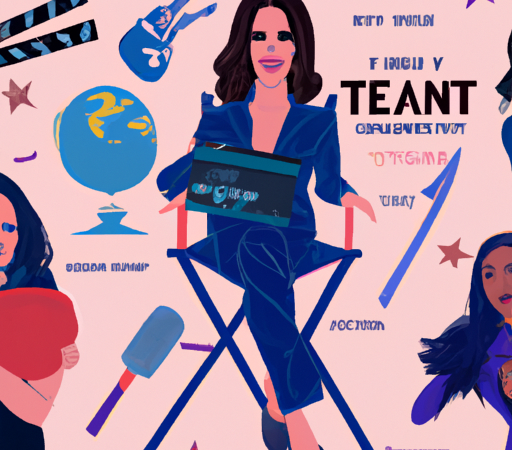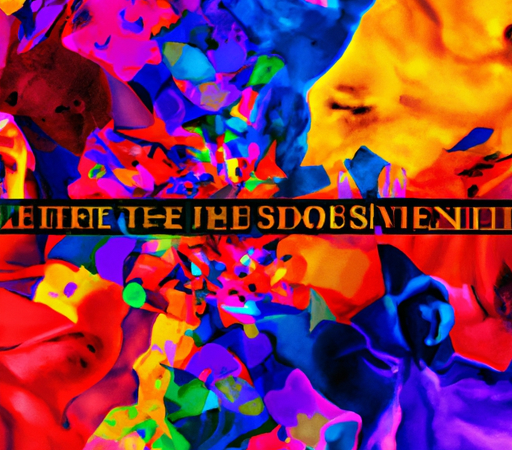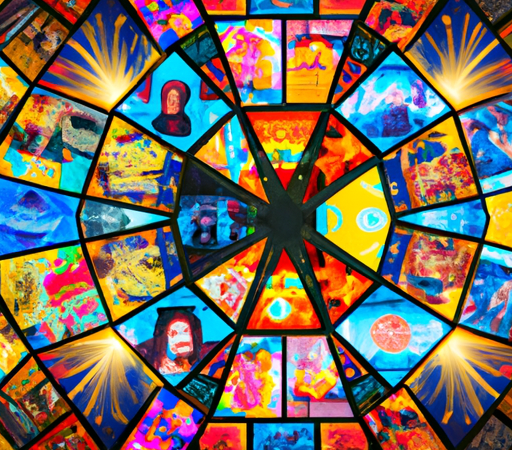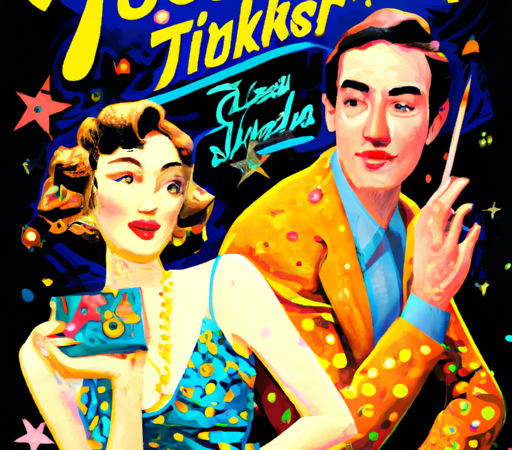The Untold Story of the Oscars: Surprising Moments and Controversies throughout History
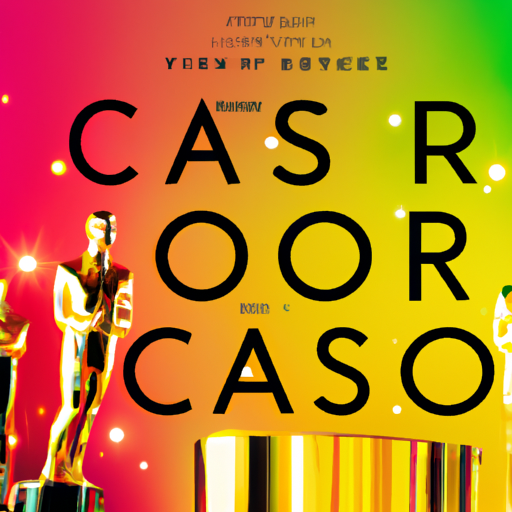
The Oscars, also known as the Academy Awards, is one of the most prestigious and highly anticipated award shows in the entertainment industry. Throughout its long history, the ceremony has seen its fair share of surprising moments and controversies that have left audiences and industry insiders alike both shocked and divided. While the glitz and glamour often steal the spotlight, the untold story of the Oscars is often buried beneath the dazzling red carpet.
One of the most memorable and controversial moments in Oscar's history occurred in 2017 when the wrong winner was announced for Best Picture. Warren Beatty and Faye Dunaway took to the stage to reveal the winner, but due to an envelope mix-up, they mistakenly named La La Land as the recipient. As the cast and crew of La La Land began their acceptance speeches, a frantic correction was made, and it was revealed that Moonlight was, in fact, the true winner. This unprecedented mix-up left the audience in disbelief and became one of the most talked-about controversies in Oscar's history.
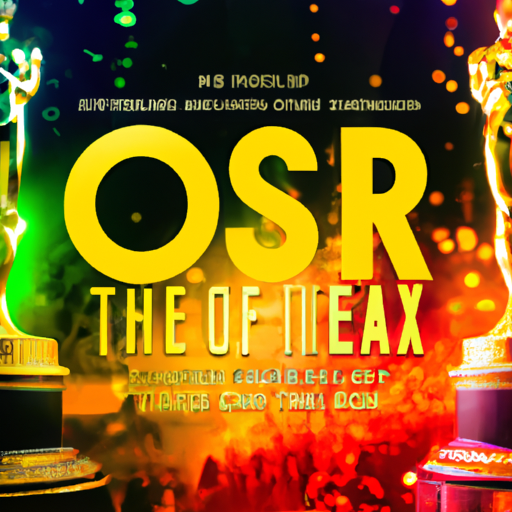
In 1999, Roberto Benigni's win for Best Foreign Language Film and Best Actor was a surprising moment that deeply resonated with audiences. Benigni's film, Life is Beautiful, a deeply moving and darkly comedic portrayal of the Holocaust, was not only admired for its artistic brilliance but also for Benigni's heartfelt and exuberant acceptance speeches. His climbing over chairs and expressing his heartfelt joy left a lasting impact on the viewers, making it one of the most memorable Oscar moments to date.
Controversies surrounding diversity and representation have also plagued the Oscars throughout history. In 2015, the hashtag #OscarsSoWhite trended on social media, highlighting the lack of diversity in the nominations. The uproar led to a widespread conversation about the underrepresentation of minority groups in Hollywood. The subsequent years saw the Academy taking steps to address this issue by implementing changes to their voting processes and inviting a more diverse group of individuals to become members. While these changes were seen as advancements, the issue of diversity and inclusivity remains an ongoing conversation within the industry.
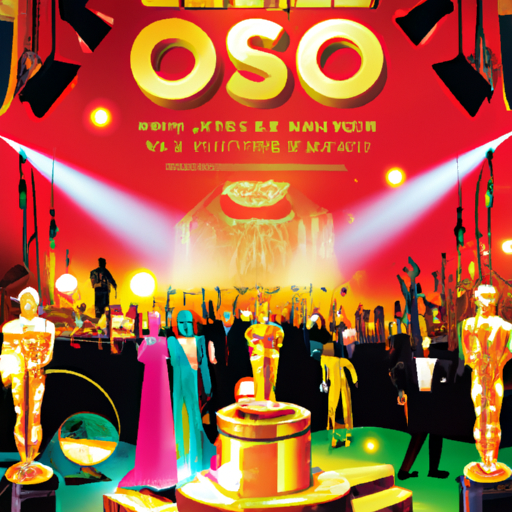
Another controversial moment unfolded in 1973 when Marlon Brando won Best Actor for his role in The Godfather. However, instead of accepting the award, Brando sent Native American activist Sacheen Littlefeather to the stage to decline it on his behalf. Brando's decision to boycott the ceremony was a protest against the treatment of Indigenous peoples by the film industry. Littlefeather's impassioned speech addressed the issues faced by Native Americans and sparked both applause and outrage.
Throughout its history, the Oscars have also been a platform for political statements. In 1978, Vanessa Redgrave won Best Supporting Actress for her portrayal in Julia, a film about the fight against fascism. However, her acceptance speech was met with a mix of applause and boos when she criticized the Jewish Defense League. The controversy that followed Redgrave's remarks revealed the fine line between artistic expression and political tension on the prestigious Oscar stage.
While these surprising moments and controversies may shock and divide audiences, they shed light on the complexities and challenges facing the entertainment industry. From mix-ups and heartfelt triumphs to issues of representation and political statements, the untold story of the Oscars is a tapestry of human emotions, politics, and moments that provoke thought and dialogue. As the Oscars continue to evolve, one thing is certain – the show will continue to surprise us with both unexpected wins and controversies that give voice to marginalized communities and raise questions about the industry's practices and society at large.

